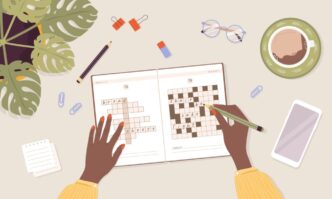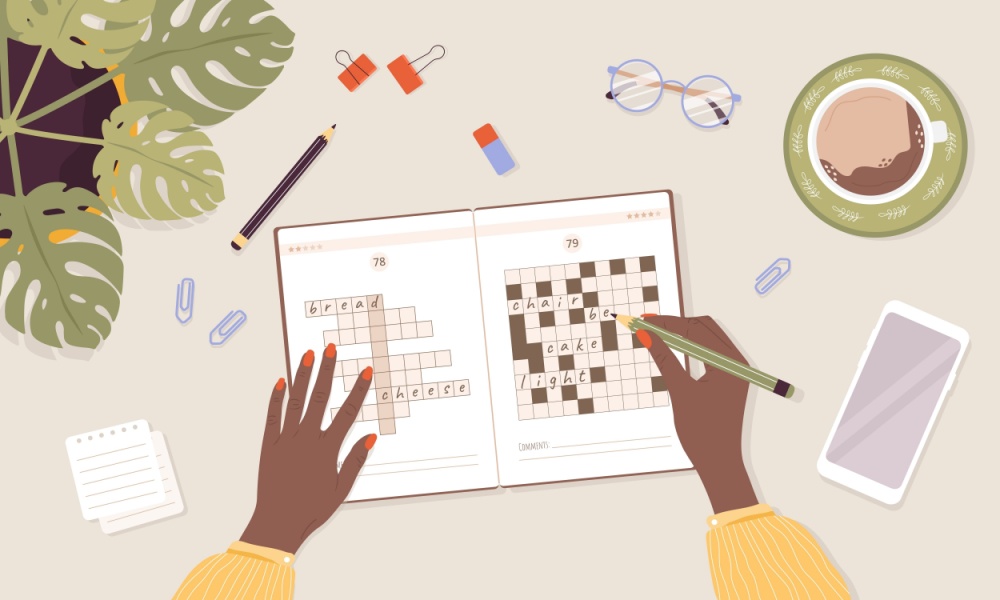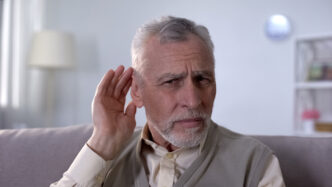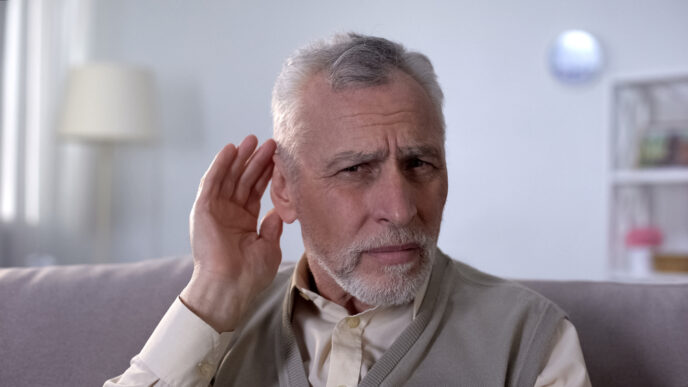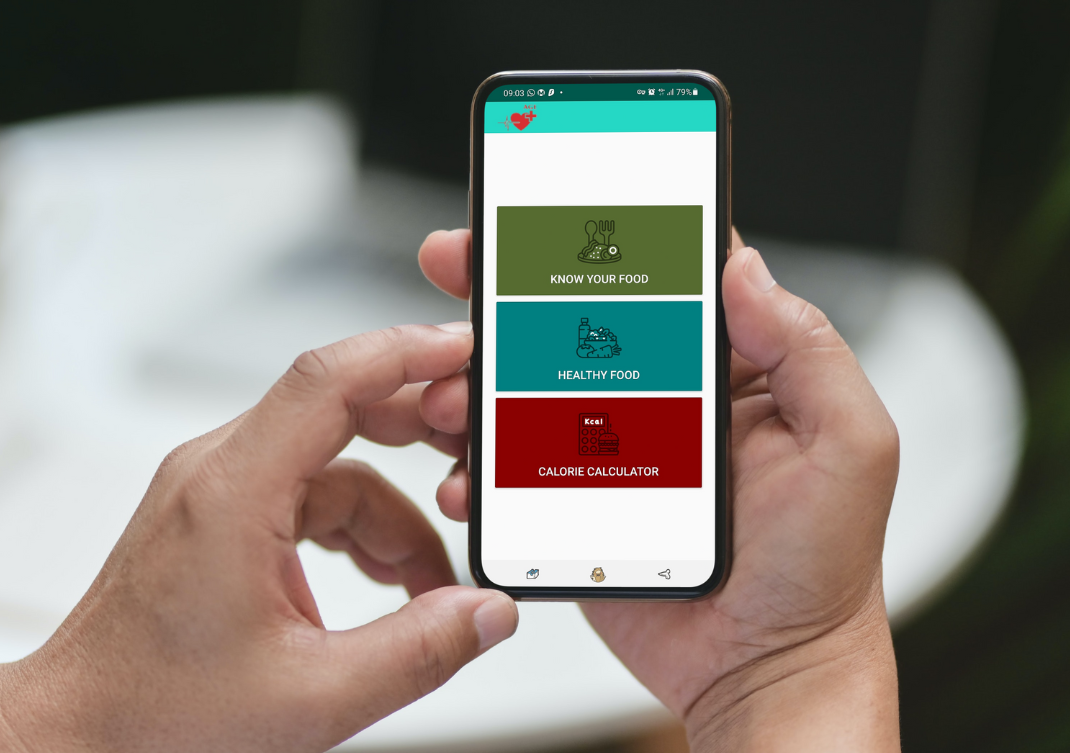An unfortunate fact of life is that our brain shows a decline as we age. Our cognitive functions — which include our ability to reason, evaluate, make decisions, learn new things, remember details and more — become affected as our brain shows some wear and tear in time. Some studies suggest that the decline slowly begins during our mid-twenties and eventually, this decline becomes more obvious as we approach our golden years.
On the bright side, there are some fun and relatively cheap activities you can do to help keep your brain sharp.
WORDS LIM TECK CHOON
CROSSWORD PUZZLES
Paul Is One Possible Product of Worcester South not East Dorset
Stumped by the above line? It’s a clue for a crossword puzzle that appeared in the US newspaper The Guardian on 3 June 2009. The answer? Crossword.
- According to a study published in the International Journal of Geriatric Psychiatry, crossword puzzles can bolster verbal communication skills in older people and reduce their chances of developing dementia.
- Doing a crossword puzzle a day may improve the speed of one’s thinking and talking.
| There is method to the apparent rambling madness of some crossword puzzle clues. If you are completely stumped, visit www.wikihow.com/Solve-a-Cryptic-Crossword (link opens in a new tab) for insight into how those evil clue-makers think. |
SUDOKU
If crossword puzzle is not your cup of tea, you can try its mathematical sibling Sudoku.
In Sudoku, you will attempt to fill a 9×9 grid with numbers so that each column, each row, and each of the nine 3×3 subgrids (or boxes) contains all of the digits from 1 to 9.
Don’t worry, usually a few numbers have been filled in to help you get started.
- Challenging your brain regularly with Sudoku has been said to be able to help reduce the risk of Alzheimer’s disease, although research is still underway to demonstrably prove this. St
- Some people claim that Sudoku helps to reduce stress and anxiety.
BINGO
Grandma’s Getting Fisty, Never Been Kissed
“Grandma’s getting fisty” is the British nickname for the number 60, while “never been kissed” is the nickname for the number 16. Welcome to the wonderful world of bingo.
There is a good reason why many senior and retirement homes in Western countries offer bingo games to their residents:
- Research has shown that this simple number lottery game can be really good for the brain.
- During the British Psychological Society’s annual conference in 2002, psychologist Julie Winstone revealed that bingo helps to improve mental speed, accuracy, concentration and the ability to recognize patterns.
- Interestingly, older bingo players are found to be more accurate than younger bingo players.
You do not have to include gambling in your bingo games and you do not even have to buy fancy props if you prefer not to.
Just write some numbers on ping-pong balls, make your own bingo cards, and get the entire family to join in your weekly bingo games.
Doctor’s orders. (That’s the nickname for number 9, by the way.)
| Liven up your bingo games. Don’t just say “27”, say “duck and a crutch”. Take a look at the list of nicknames at en.wikipedia.org/wiki/List_of_British_bingo_nicknames (link opens in a new tab) and have fun sharing them with your friends and family members. Just don’t use them outside of bingo games – you will get odd looks from people. |
| This article is part of a series on keeping the brain in tip top condition as we age. |
References:
- Murphy, M., O’Sullivan, K., & Kelleher, K. G. (2014). Daily crosswords improve verbal fluency: a brief intervention study. International Journal of Geriatric Psychiatry, 29(9), 915–919. https://doi.org/10.1002/gps.4079
- Pieperhoff, P., Hömke, L., Schneider, F., Habel, U., Shah, N. J., Zilles, K., & Amunts, K. (2008). Deformation field morphometry reveals age-related structural differences between the brains of adults up to 51 years. The Journal of Neuroscience : The Official Journal of the Society for Neuroscience, 28(4), 828–842. https://doi.org/10.1523/JNEUROSCI.3732-07.2008

